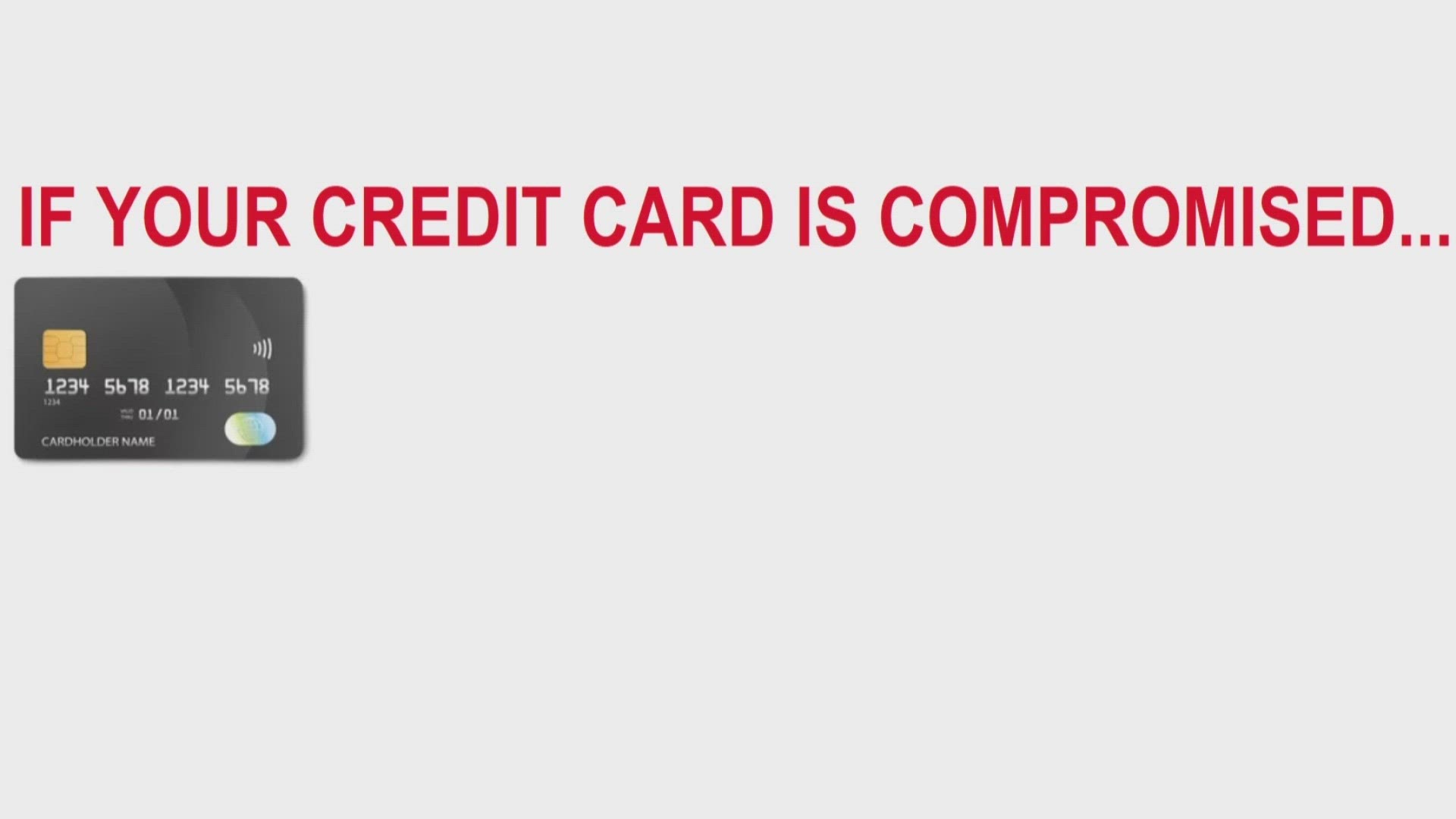GREENSBORO, N.C. — Just recently, 2 Wants To Know warned you about a scam call, claiming to be from Spectrum.
Not 48 hours after the story aired, there was a message about someone who got the scam call and gave the scammer their credit card info and the first five digits of their Social Security number. So, now what? How do you remedy something like this? Unfortunately, it’s all too common.
“The key is to spot fraudulent activity quickly and then do what you have to do to stop it,” said Margot Gilman, Consumer Reports Money Editor.
If your credit card is compromised
You need to immediately call and cancel it and put a fraud alert on your account so you're not on the hook for any charges.
If your Social Security number is compromised
You need to do a security freeze with the three major credit bureaus: Equifax, Experian, and Trans Union. Don't assume doing it with one is enough, do it with all three.
You freeze your credit online and the freeze is free.
Equifax Security Freeze
P.O. Box 105788 Atlanta, GA 30348//1-800-685-1111
Experian Security Freeze
P.O. Box 9554 Allen, TX 75013//1-888-397-3742
TU Protected Consumer Freeze
P.O. Box 380 Woodlyn, PA 19094//1-800-916-8800
What a freeze does:
It keeps the people who aren't you from opening up new credit cards or loans in your name.
What a freeze doesn’t do:
It doesn’t stop you from using the credit cards you already have.
Listen, if you get scammed, you're not the first. Sadly, you won't be the last.
It happens to people of all ages. All backgrounds.
The important thing is to take action and share your story to make others aware.

